detail profile gyula pauer
Peran Yang Di Mainkan Gyula Pauer
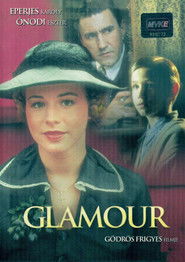 The tumultuous history of Hungary through...
The tumultuous history of Hungary through...Glamour 2000
The tumultuous history of Hungary through the twentieth century is viewed through the saga of the Hungarian-Jewish, furniture-manufacturing family, the Vendels. After taking over the once successful, but now failing, family business in the 1930s, the family patriarch's dashing elder son decides that the family needs an infusion of new blood. A matchmaker presents him with a photo of a pretty German nursery school teacher. When the two meet, they instantly fall in love, but because Hungary has an alliance with Germany, and the Third Reich prohibits marriage between Gentiles and Jews, the couple must hide their union. Their marriage ultimately stands as a dark foreshadowing of rougher times to come as troubles ensue with the advent of World War II, when the family, its employees and servants must retreat to the basement, where the shop emerges increasingly as a refuge in a world growing more violent and less tolerant.
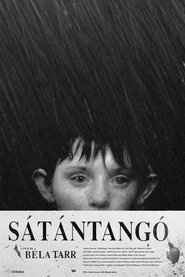 Inhabitants of a small village in...
Inhabitants of a small village in...Satantango 1994
Inhabitants of a small village in Hungary deal with the effects of the fall of Communism. The town's source of revenue, a factory, has closed, and the locals, who include a doctor and three couples, await a cash payment offered in the wake of the shuttering. Irimias, a villager thought to be dead, returns and, unbeknownst to the locals, is a police informant. In a scheme, he persuades the villagers to form a commune with him.
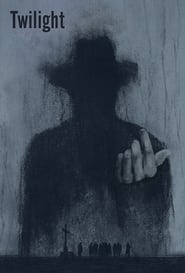 In the dense and murky woodlands...
In the dense and murky woodlands...Twilight 1990
In the dense and murky woodlands of provincial Hungary, the search for a child murderer drags a once-respected detective into an all-consuming obsession enshrouded by irresolution and despair, even long after he has been taken off the case. What emerges is not a crime story, but a harrowing venture through the darkness of the human soul.
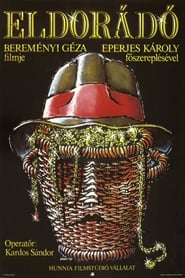 A deep drama about life in...
A deep drama about life in...The Midas Touch 1989
A deep drama about life in Hungary after the WW2 until the revolt against Russians in '56. The main character is the head of the black market in Budapest. He thinks he can buy everyone and everything but at the end he must face that he can't buy life. A must-see for everyone. Casting involves some of the greatest Hungarian actors. The story takes place in the eighth district of Budapest focusing on the market place on Teleki square which is still working. The movie contains some archive footage of real fight during the revolution.
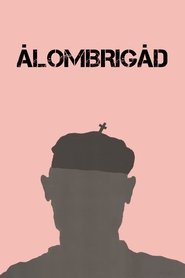 The heroes of the film are...
The heroes of the film are...Dream Brigade 1989
The heroes of the film are manual workers, members of a Socialist Brigade. Gyula, the brigade leader once has a dream where the gate-keeper searches through Lenin, about to leave the factory. He decides to stage Gelman's play, Premium, with his brigade, since the drama very effectively depicts what they see in the world around.
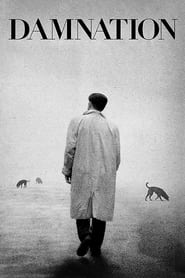 Karrer plods his way through life...
Karrer plods his way through life...Damnation 1988
Karrer plods his way through life in quiet desperation. His environment is drab and rainy and muddy. Eaten up with solitude, his hopelessness would be incurable but for the existence of the Titanik Bar and its beautiful, haunting singer. But the lady is married and Karrer is determined to keep her husband away...
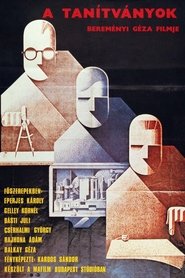 The heroes of this story based...
The heroes of this story based...The Disciples 1985
The heroes of this story, based on real events at the end of the 1930s and during World War II, face and dismiss the illusions of intellectuals about their ability to transform society. Professor Magyary and his disciples hoped to promote the modernisation of Hungarian society through a radical reform of public administration.
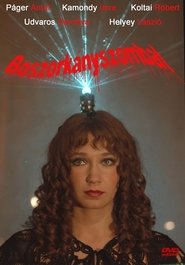 To celebrate Sleeping Beautys awakening the...
To celebrate Sleeping Beautys awakening the...Witches' Sabbath 1984
To celebrate Sleeping Beauty's awakening, the cruel stepmother organises a dress-ball in the Wonder Castle and invites the characters of all tales and their two fathers, the Grimm-brothers. The stepmother announces total peace, but in fact she is preparing for a coup d'état with a phoney prince, a phoney Sleeping Beauty, through intrigue and violence in order to change the tales.

 A switchman at a seaside railway...
A switchman at a seaside railway...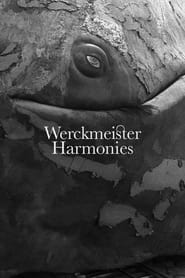 A naive young man witnesses an...
A naive young man witnesses an...
 In 1960s Hungary an introverted teenagers...
In 1960s Hungary an introverted teenagers...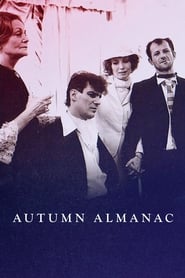 In this dense setting the inhabitants...
In this dense setting the inhabitants...